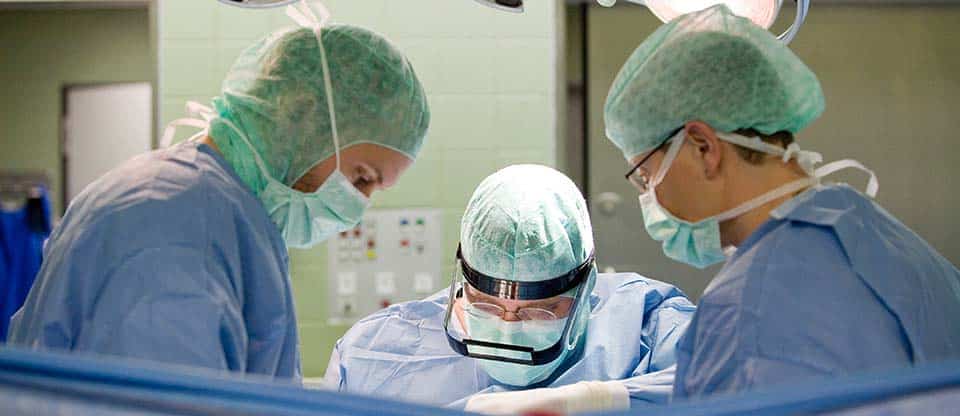The causes of ovarian cancer are not known, but certain risk factors are known.
The risk of developing the disease increases with age. Perhaps the use of hormonal drugs during menopause plays a role, but also infertility and the absence of children. Pregnancy and taking contraceptives, on the contrary, reduce the risk. For breast cancer and ovarian cancer, in addition, certain gene changes are known that increase the individual risk of carriers of the mutated gene to get this type of cancer. In this case, they say that the patient has a congenital disposition. This means that there are genes that are responsible for family predisposition to ovarian cancer as well as breast cancer. This gene, located on chromosome 17, is called BRCA1. Women with this gene have a 39% risk of developing ovarian cancer before the age of 69. There is another gene (BRCA-2) on chromosome 13 that, compared to BRCA-1, confers a slightly lower risk (11-22%) of ovarian cancer.
The risk of developing ovarian cancer depends on the woman's age. It is rarely diagnosed in women under the age of 50. On the contrary, with age, the likelihood of developing ovarian carcinoma increases.
A known risk factor is syndrome hereditary breast cancer And ovaries. The presence of such a syndrome is suspected in the following family history, namely if relatives (either on the mother's side or on the father's side) with the disease at least:
- in three women with breast cancer regardless of age
- in two women with breast cancer, one of them under the age of 51.
- one woman with breast cancer and one woman with ovarian cancer, regardless of age
- two women with ovarian cancer regardless of age
- one woman with breast and ovarian cancer regardless of age
- one woman with breast cancer aged 35 years or younger
- one woman with breast cancer aged 50 or younger, or
- one man with breast cancer and one woman with breast or ovarian cancer regardless of age
If these criteria are met in a woman or a man, taking into account the individual risk of ovarian cancer, as well as breast cancer, it is necessary to inform about the possibility of a genetic consultation at a specialized center.
Prevention
An ovarian tumor (ovarian carcinoma) can go unnoticed for a long time, because at first it can grow into the free abdominal cavity. Therefore, there is no functioning "true" early warning today. The patient's condition worsens only when the tumor becomes so large that it puts pressure on neighboring organs or there is a large amount of fluid in the abdomen (ascites). There is no legally prescribed examination for the purpose of early diagnosis of ovarian cancer. So far, it has not been confirmed that the annual ultrasound examination or the annual determination of the tumor marker CA125 is possible in the early detection of ovarian cancer. Since the risk of the disease increases with age, older women should definitely undergo a legal annual examination of the internal genital organs, which includes palpation of the ovaries.
Head of the Center for Operative Gynecology
Head of the Regional Center for Pelvic Floor Surgery
Video
Request appointment
Useful links
















